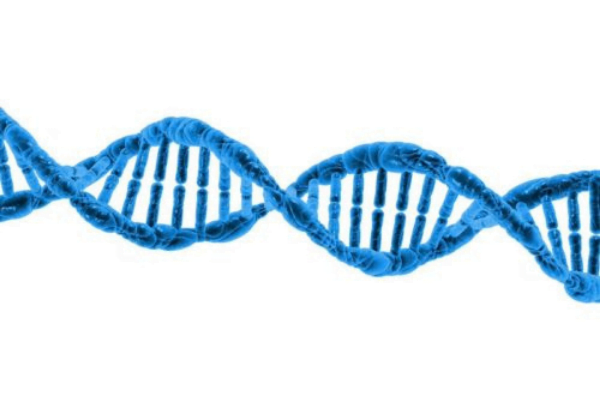What does our microbiome have to do with obesity and how can it be affected by our diet?
Recently there has been a lot of focus on microbiome and microbiota, and their effect on health. The term microbiome describes the collective genomes (information encoded in the DNA) of the micro-organisms in our gut. Microbiota, on the other hand, is the community of micro-organisms themselves.
This ‘little’ community consists of trillions of microorganisms that live inside our guts. These microorganisms produce thousands of substances that affect our bodies in many different ways. They can affect our immune system, blood pressure, ageing processes and even our mental wellbeing. They can also influence the absorption of nutrients from our food.
Although we partly inherit our microbiome, diet, medication and anthropometrics play a more important role in the composition of our bacteria community. In general, the more diverse this community is, the better for our health.
Microbiota
Studies show that people with long-term weight gain have a lower diversity of the microbiota in their digestive tract. Additionally, a low intake of dietary fibre can worsen this diversity in this particular group. The imbalance between the ‘good’ and ‘bad’ bacteria may negatively affect gut hormone regulation and proinflammatory mechanisms. That, in turn, may play a role in diet-induced obesity and metabolic complications.
Our dietary choices can influence the composition of our ‘gut community’ and as a result influence our health.
Fibre and microbiome
For example, fibre, which we can find in plant foods, affects gut microbiota and is related to better health. The microbes/bacteria feed on fibre causing its fermentation and producing short-chain fatty acids (SCFAs). These have many health benefits. They can help fight cancer cells, improve glucose and energy balance, regulate appetite, reduce the risk of type 2 diabetes and diet-induced obesity, and can lower insulin resistance. Some research suggests that chronic diseases, such as type 2 diabetes, may partly be caused by insufficiency in SCFAs production in the gut.
Restrictive diets
Many restrictive diets can be influencing our gut health. Gluten-free diet seems to be affecting the number of good microbes reducing their amount. Also, the low FODMAP diet, which is commonly recommended for people suffering from irritable bowel syndrome, may lead to significant changes in the microbiota.
Mediterranean diet
Some believe that the Mediterranean diet is helpful in supporting our gut ecosystem. Products like bread, legumes, fish, and nuts, red wine, vegetables, fruits, cereals, can lower levels of harmful bacteria, increase levels of anti-inflammatory bacteria and decrease inflammatory markers.
Plant-based diets
Also plant-based diets are associated with high levels of short-chain fatty acids, in oppose to diets high in red meat, fast foods, and refined sugars. A low-fat vegan diet can positively affect gut microbiota and alter body composition and insulin sensitivity, and lead to weight loss. Some studies suggest that we can lose twice as much weight on a vegan diet as on a non-vegan diet with the same calorie intake.
As we can see, diet can greatly affect our gut. Changes to the microbiota can occur within days of implementing dietary changes, however, healthy microbiota should resist such temporary changes.
Improving microbiome
Seeing the effect that the microbiome has on our health, researchers have tried to study interventions that might be a base for future treatments of different conditions, including obesity. One of the examples is targeting the gut microbiome with probiotics or dietary fibre. This could be beneficial to our health and could potentially reduce obesity.
Another approach is faecal microbiota transplantation, which has been investigated and was shown to have some positive effects. Studies on mice showed that germ-free mice that received faecal microbes from obese humans gained more weight than mice that received microbes from healthy weight humans.
Studying the microbiome, microbiota and health, and their mutual relationships has provided some very interesting results. These studies could support current treatments, although more research is necessary for this field.
What we can do in the meantime is to make sure we eat a healthy diet full of fibre to promote the growth of good bacteria in our gut.
Simplyweight’s Specialist Online Weight Loss Plan has been designed to bring decades of clinical experience to people at an affordable price. To learn more, start your 7-day free trial today: https://app.simplyweight.co.uk/subscribe/free-trial





